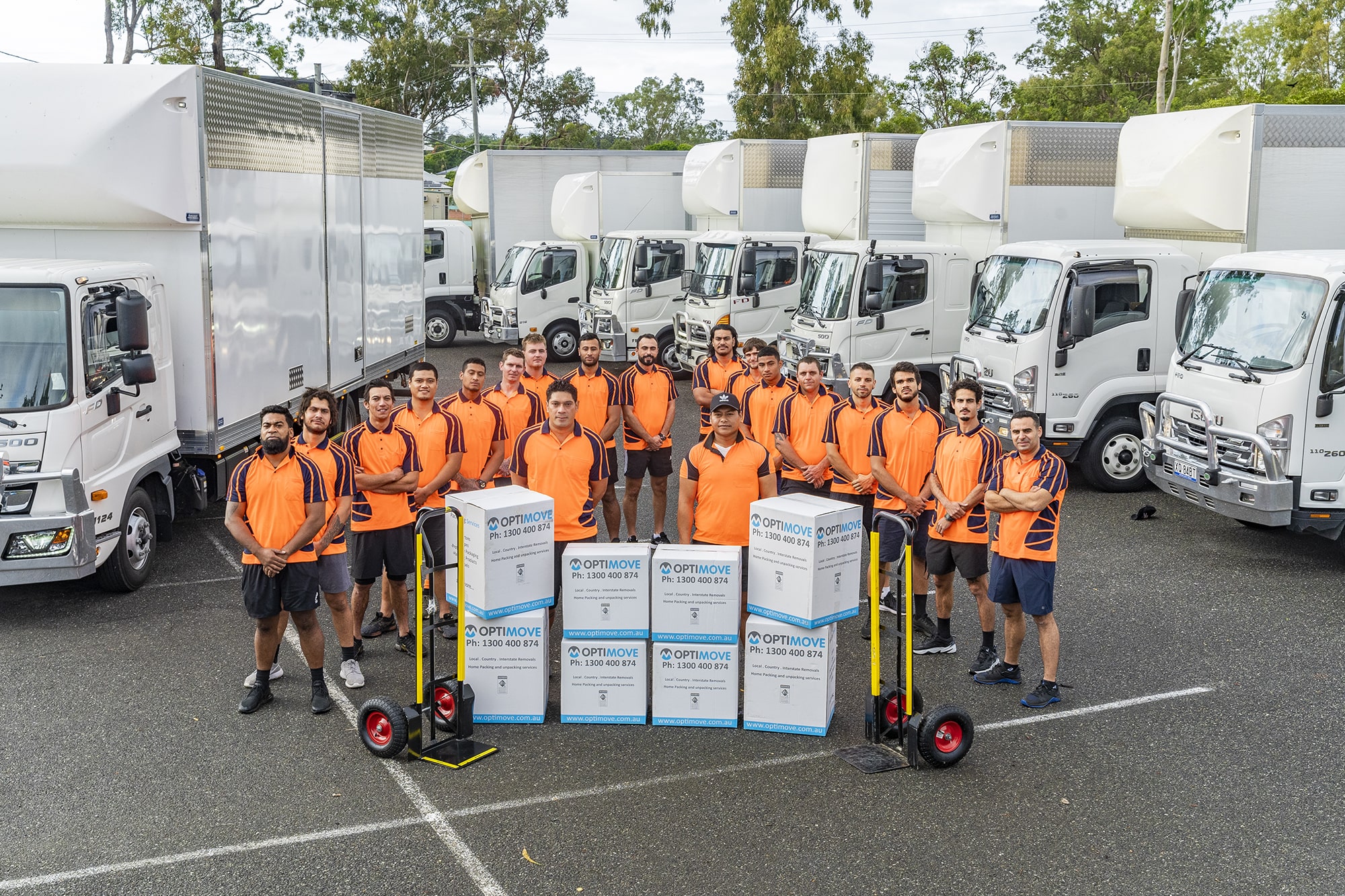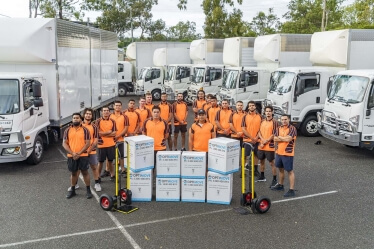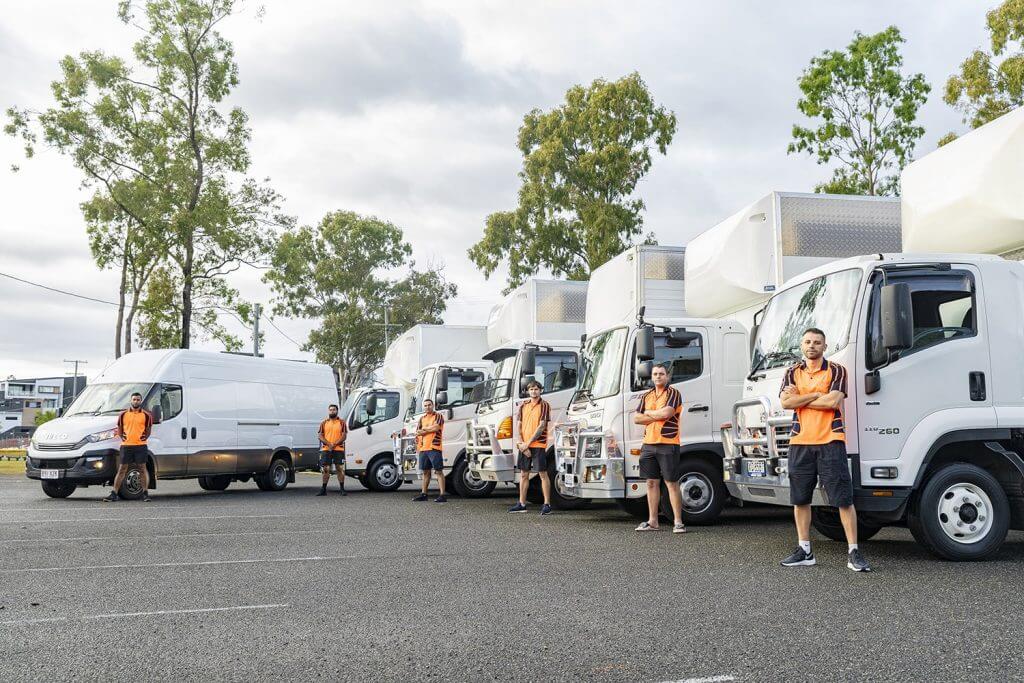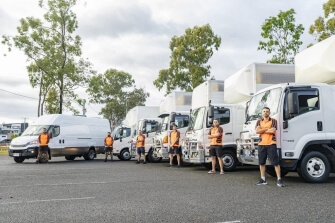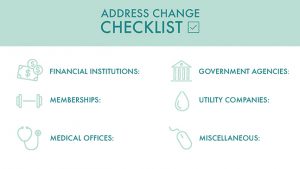Budget and Cost Considerations on Long Distance Moves
Moving to a new house, two-bedroom apartment, or office across long distances can be an exciting adventure but comes with challenges. Among the various factors to consider, budget and cost play a crucial role in planning a successful long-distance move. Understanding the expenses and implementing innovative cost-saving strategies can significantly impact your overall moving experience. In this blog post, we will explore the budget and cost considerations for long-distance moves, providing valuable insights to help you plan your move efficiently while keeping your expenses in check.
Consider Multiple Moving Quotes to Save Money
Obtaining multiple moving quotes is essential before committing to a specific moving company. Research and compare overall cost and other expenses from reputable moving companies to understand the average cost for your long-distance move. Consider factors such as the distance, size of the move, additional services required like moving pool tables, pianos or antiques, storage facilities, and the reputation and experience of the moving company. By gathering multiple quotes for services offered, you can make an informed decision and select a moving company that offers a fair price for their services – with no hidden costs!
Research and Compare Moving Insurance Options
When insuring your belongings during the relocation process, it’s essential to research and compare different insurance options. Long-distance moves typically come with basic valuation coverage, which provides limited protection based on the weight of your items. However, this may not fully cover the value of your belongings in case of loss or damage. Consider purchasing additional moving insurance from a third-party provider that offers more comprehensive coverage. Compare the coverage limits, deductibles, and premiums to find an insurance policy that suits your needs and moving budget.
Consider the DIY Approach
While hiring professional movers offers convenience and expertise, there may be more cost-effective options for the moving process, especially for long distances. In some cases, a DIY move might be a more budget-friendly alternative. Renting a truck or a shipping container and handling the packing and loading yourself can significantly reduce your moving budget. However, it’s essential to carefully assess your capabilities and the logistics involved before deciding on a DIY move. If needed, factor in all the costs such as fuel, tolls, and accommodations, and ensure you have the physical stamina to undertake the move independently.
Optimise Your Moving Inventory
The size and weight of your moving inventory directly impact the cost of your long-distance move. Take the time to carefully assess your belongings and determine what is essential to bring with you. Donate, sell, or dispose of items that are no longer needed or cost-prohibitive to transport. Reducing the weight and volume of your belongings reduces moving expenses and saves time during packing and unpacking as well as loading and unloading. Additionally, some moving companies tend to charge based on the space in their trucks, so optimizing your inventory can help you save on transportation costs.
Research and Leverage Cost-Saving Options
Long-distance moves often come with various cost-saving options that you can explore to minimize your expenses. Research available discounts or promotions moving companies offer, such as off-peak or mid-week discounts. Some companies also provide consolidated moves, where your belongings are combined with other customers’ items in a single truck, reducing costs. Additionally, consider utilizing affordable shipping services for items that can be transported separately, such as fragile or valuable possessions. Exploring these options can help you find cost-effective solutions that fit your budget.
Reduce Extra Services
Moving companies offer additional services, such as packing, unpacking, and storage. While these services can provide convenience, they also come with additional costs. If you’re on a tight budget, consider reducing or eliminating these extra services. You can pack your belongings, arrange for self-storage at your destination, and handle the unpacking. However, if time and convenience are a priority, weigh the cost of these services against the time and effort you would save.
Insurance Coverage
Protecting your belongings during a long-distance move and insurance coverage is crucial. While it may seem like an additional cost, opting for insurance coverage ensures that you are financially protected in case of damage or loss during transit. Speak with the moving companies you are considering to understand their insurance options and associated costs. Compare the coverage and choose a plan that suits your needs and budget. The peace of mind that comes with insurance is worth the investment, particularly for long-distance moves.
Tax Deductions and Employer Reimbursements
Depending on your circumstances, you may be eligible for certain tax deductions related to your long-distance move. Consult with a tax professional to understand the specific deductions available to you, such as deducting moving expenses for job-related relocations. Additionally, if your move is due to a job transfer or relocation, check with your employer to determine if they offer any reimbursement programs or relocation allowances. These benefits can offset some of the additional fees associated with your long-distance move.
Consider Consolidated Shipments
You may benefit from consolidated shipments if you have a smaller load or a flexible moving timeline. Consolidation involves combining multiple moves into a single truckload and sharing transportation costs with other customers. This option is more cost-effective than a dedicated truck for your belongings. You can take advantage of this cost-saving opportunity by coordinating with the moving company and being flexible with your moving dates.
Time of Year and Flexibility
The time of year you choose to move can impact the cost of your long-distance move. Summer months, particularly between May and September, are the peak season for moving, resulting in higher prices due to increased demand. Consider scheduling your move during off-peak seasons, such as late fall or winter, when moving companies may offer lower rates. Additionally, being flexible with your moving dates allows you to take advantage of discounted rates or last-minute deals offered by moving companies trying to fill gaps in their schedules.
Pack and Label Efficiently
Proper packing and labelling techniques can save you money during a long-distance move. Use sturdy and properly sized moving boxes to maximize space and prevent damage. Utilize packing materials you already have, such as towels, blankets, or clothing, as cushioning for fragile items. Efficiently label boxes with the contents and the room they belong to, enabling movers to unload and place them in the correct location, saving time and reducing the chances of misplaced items. Organised packing not only streamlines the process but also prevents the need for additional assistance or extra time on the part of the movers.
Notify Utility Companies in Advance
To avoid unnecessary expenses, notify utility companies at your current and new locations well before your move. Failure to do so may result in additional charges for services that continue beyond your move-out date. Coordinate with utility providers to ensure a smooth transition and schedule the disconnection and connection of services accordingly. By proactively managing your utility accounts, you can avoid unnecessary fees and prevent surprises on your final bills.
Consider the Weight of Your Belongings
When planning a long-distance move, remember that moving companies often charge based on the weight of your items. Be mindful of heavy or bulky belongings that may significantly impact the cost. Consider whether it makes financial sense to transport certain items long-distance or if it would be more cost-effective to sell or donate them and purchase replacements at your new location. You can save on transportation costs by reducing your shipment’s overall weight.
Plan Your Route and Moving Costs
If you’re driving to your new location during a long-distance move, plan your route and accommodations strategically to save money. Research gas prices along the route and plan to refuel at sites with lower prices. Additionally, consider booking accommodations in advance and explore options like budget hotels or vacation rentals that offer competitive rates. By optimizing your route and finding affordable accommodations, you can reduce travel expenses and stay within your budget.
Consider Storage as Part of Your Moving Expenses
During a long-distance move, you may find yourself in a situation where you need temporary storage for your belongings. Consider utilizing storage facilities rather than rushing to find an immediate permanent place to move everything. Research different storage providers and compare their prices and features. Opting for a reliable and cost-effective storage solution can help bridge the gap between moving out and moving into your new space, allowing you more time to find the right permanent arrangement without the pressure of rushing into a decision.
Assess the Size of the Moving Truck
When hiring a professional moving company, the size of the moving truck you choose can significantly impact the cost. It’s essential to accurately estimate the volume of your belongings to ensure you select the right-sized truck. A giant truck may have a higher price tag, while an undersized truck may require multiple trips or result in cramming items together, increasing the risk of damage. Communicate your inventory details to the moving company, and they can help you determine the appropriate truck size that balances cost and efficiency.
Conclusion
Moving long distances can be expensive, but there are many ways to save money and reduce costs. From consolidating shipments to utilizing storage options, these tips should help you make the most of your budget when planning a long-distance move. Hiring an experienced moving company such as Optimove can also give you peace of mind knowing that all aspects of the transition will go smoothly and cost-effectively. With so many factors affecting the cost of a long-distance move, it is essential to research to ensure that you get the best deal possible for your situation.



